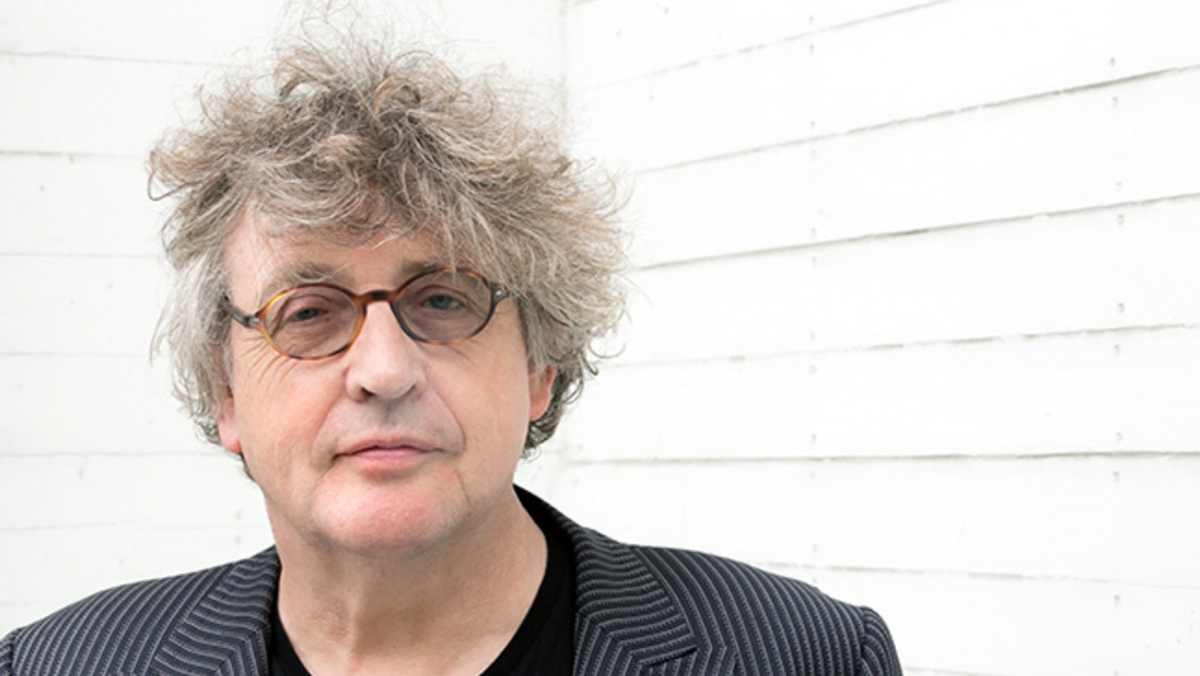
Paul Muldoon, ph. by Beowulf Sheehan
Da “7, Middagh Street”
Dai sogni hanno origine le responsabilità;
fu a causa di una simile allegoria
che Lorca
venne crivellato di colpi
fino a giacere faccia a terra
nell’ombra cangiante del suo stesso sangue.
Quando i soldati ubriachi del Romancero
fecero per tornare in città
lo sentirono mormorare nella nebbia,
“Quando muoio lasciate aperte le finestre”
perché la poesia può rendere possibili le cose –
non solo può ma deve –
e questa stessa finzione
è in sé un gesto politico.
*
In dreams begin responsabilities;
it was on account of just such an allegory
that Lorca
was riddled with bullets
and lay mouth-down
in the fickle shadow of his own blood.
As the drunken soldiers of the Gispy Ballads
started back to town
they heard him calling thorough the mist,
‘When I die leave the balcony shutters open’
For poetry can make things happens –
not only can, but must –
and the very painting of that oyster
is in itself a political gesture.
Da “New weather”
Come gran parte del vento
si ripete in presenza di alberi,
così gran parte del mondo si fonda
su noi stessi.
Spesso, dove il vento ha chiamato
a raccolta gli alberi
un albero ne avrà
un altro in consegna e lo terrà stretto.
I loro rami, che si stanno sfregando
nella stessa follia,
non danno un vero fuoco.
Si stanno spaccando a vicenda.
Spesso penso che dovrei essere come
l’albero solitario, non andare altrove
perché il mio braccio non vorrebbe né potrebbe
romperne un altro. Eppure, con le mie ossa spaccate
posso sentire quando il tempo sta per cambiare.
*
In the way that the most of the wind
happens where there are trees,
most of the world is centred
about ourselves.
Often where the wind has gathered
the trees together
one tree will take
another in her arms and hold.
Their branches that are grinding
Mmdly together,
is no real fire.
They are breaking each other.
Often I think I should be like
the single tree, going nowhere,
since my own arm could not and would not
break the other. Yet by my broken bones
I tell new weather.
Traduzioni di Giovanni Ibello
Paul Muldoon è nato nel 1951 a , nella contea di Armagh (Irlanda del Nord). La sua prima raccolta di poesie, New Weather, è stata pubblicata nel 1973, quando era ancora uno studente universitario. Ha lavorato per la BBC a Belfast fino al 1986, dopodiché ha assecondato la sua vocazione all’insegnamento. Le sue raccolte di poesie includono, tra le altre, opere uniformemente apprezzate dalla critica come Why Brownlee Left (1980), Quoof (1983) e Madoc: a Mystery (1990), che vinse il prestigioso Memorial Geoffrey Faber. Ha inoltre pubblicato in poesia: The Annals of Chile (1994) e Hay (1998). Nel 2003, con Moy Sand and Gravel ha vinto il presitigioso Premio Pulitzer per la poesia.
